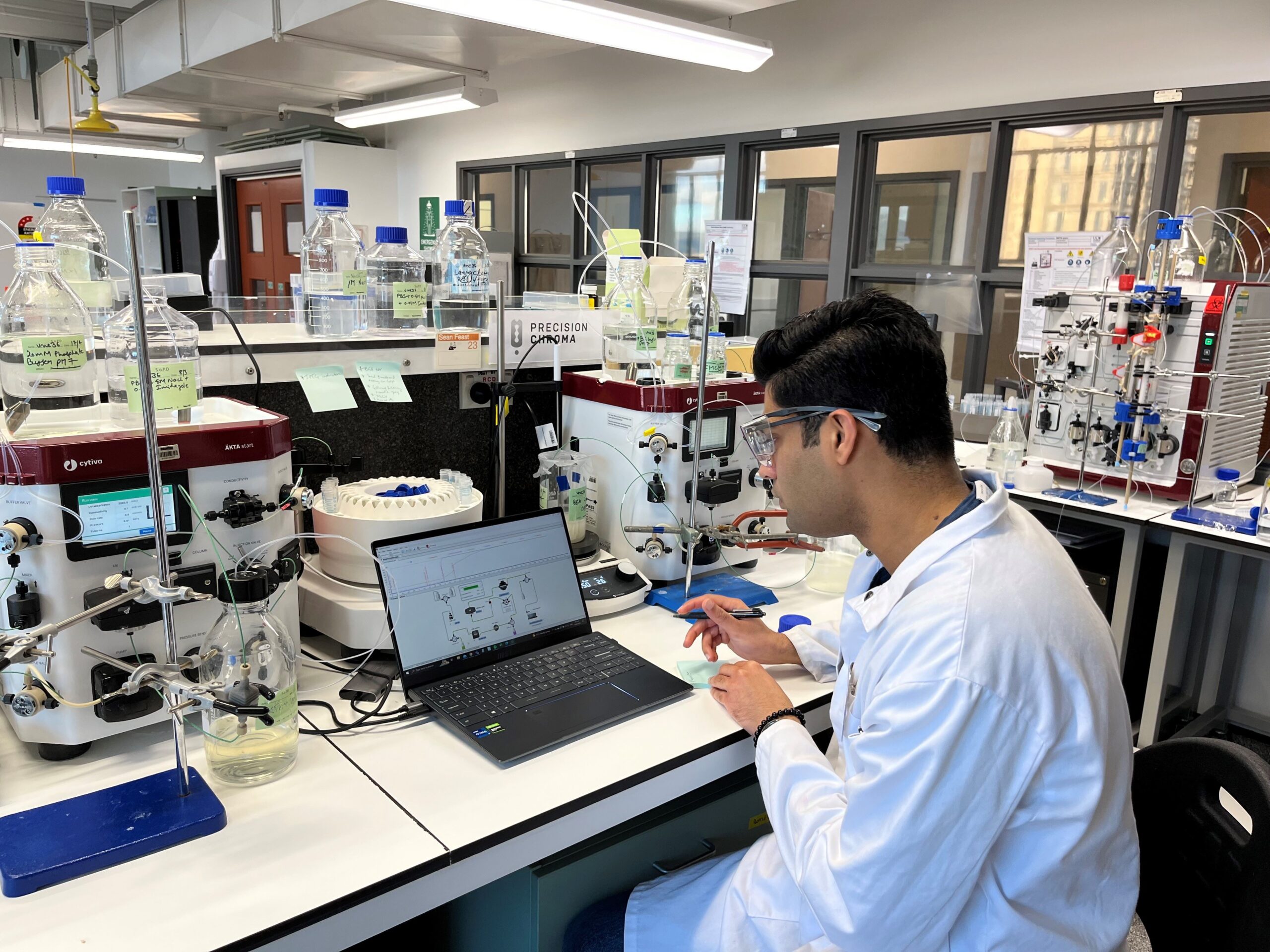Biotech startup Precision Chroma is looking to raise $1.5 million this year to finalise and market its first product before going global.
The startup will be based in Christchurch for the next 12 months while it does further R&D before its market launch.
University of Canterbury PhD graduate Sean Feast founded Precision Chroma in early 2022. It is the world’s sole company making 3D printed chromatography columns, offering a unique solution to address bioindustry challenges worldwide.
“We are simplifying the way that biological pharmaceuticals are manufactured,” Feast says.
“A lot of people in New Zealand don’t realise we have a biotech industry here in New Zealand, but we are competing on the global stage. We are the only company in the world doing 3D printed chromatography and offering this unique solution to the challenges that the bio-pharmaceutical industry has.”
Chromatography is a process for separating components of a mixture. Additive manufacturing, or 3D printing, through chromatography columns means that unwanted contaminants can be separated more efficiently, reducing the cost and time in the manufacture of high-value pharmaceuticals.
Although Precision Chroma is still completing R&D from its base at the University of Canterbury, it is attracting strong interest from pharmaceutical contract development and manufacturing organisations worldwide who are looking to access the technology as soon as possible once its world leading R&D is completed.
Precision Chroma is also part of Callaghan Innovation’s Technology Incubator programme. The programme works with technology startups that require a significant amount of R&D to get products from an idea out to market.
Bridgewest Ventures, who provided Precision Chroma’s seed funding through the Callaghan Technology Incubation scheme, has been assisting Feast with links to venture capital companies to grow Precision Chroma.
Its worldwide biotechnology network has connected Precision Chroma with leading investment firms, both venture capital and possible strategic partners. The current raise will provide funding and expertise, allowing the startup to grow its team and increase its knowledge and skill base beyond the current three staff.
“The end goal of the raise is to have our first product that we can sell, and to set up manufacturing and delivering on that first contract, Feast says. “We don’t just want money, we want expertise and assistance in growing the business – that’s a crucial part of it as well.”




